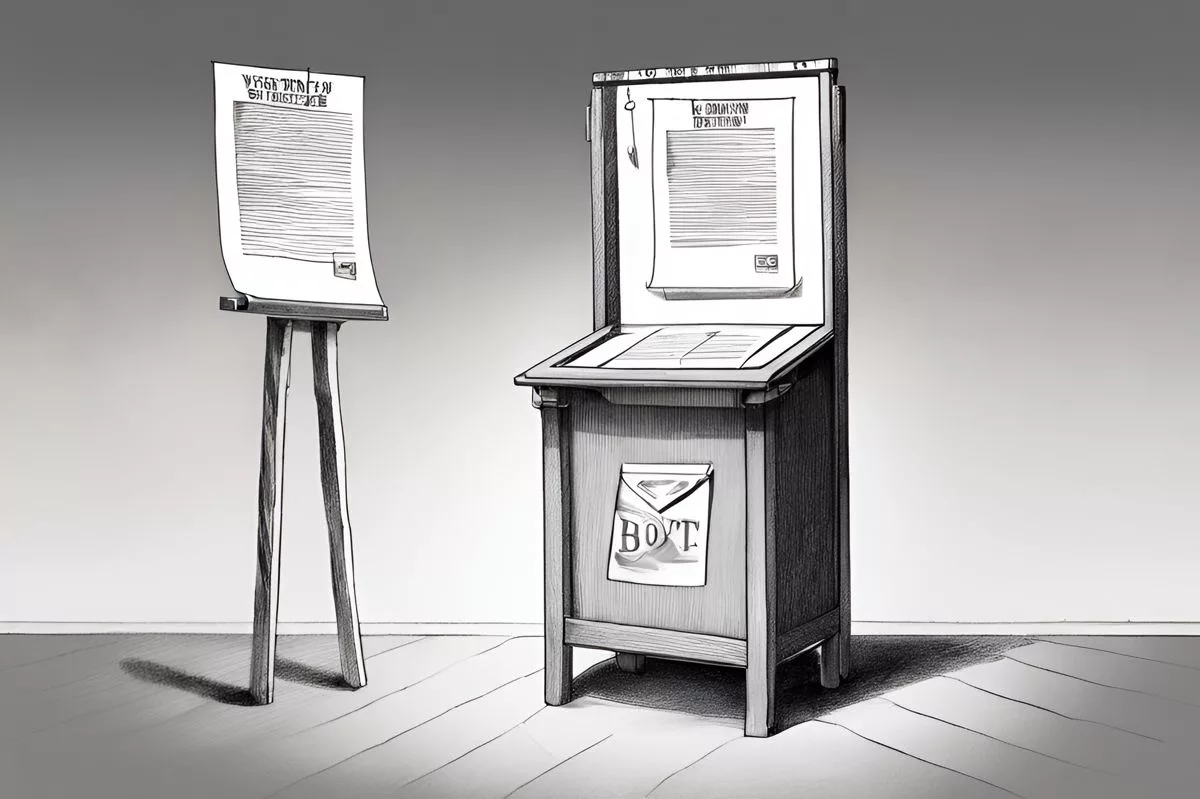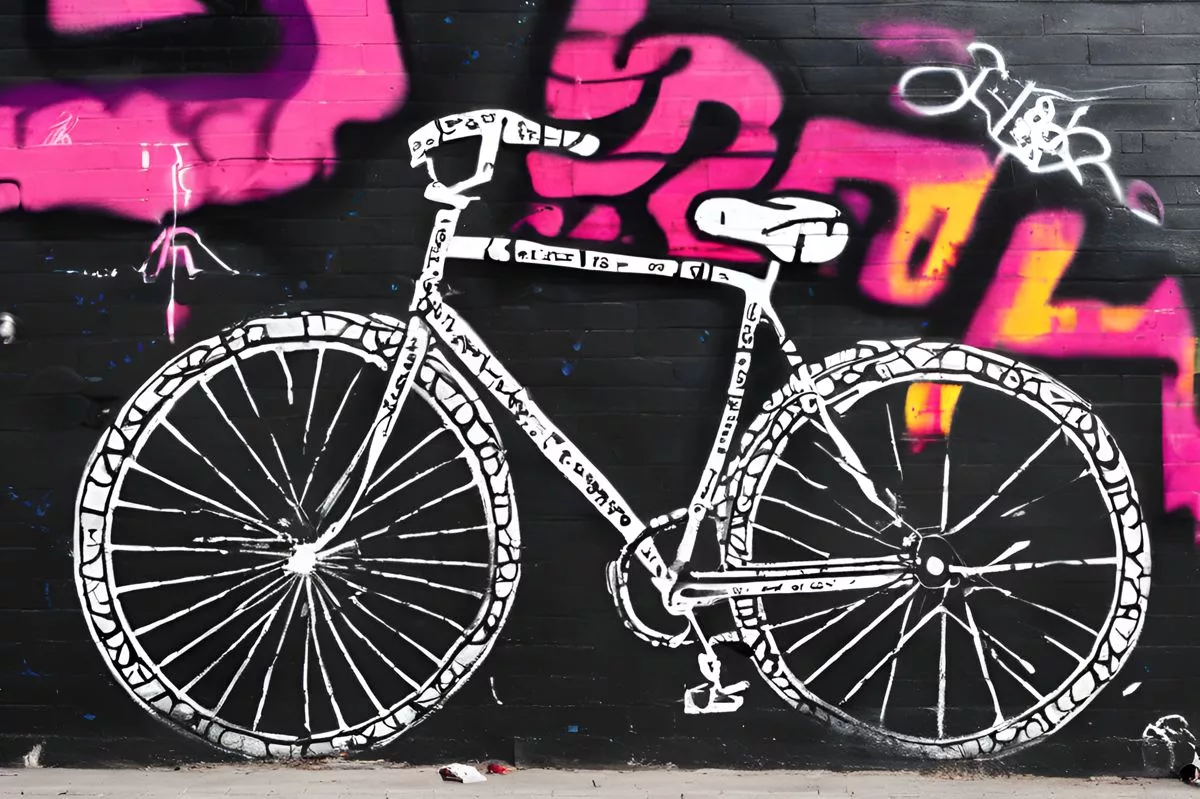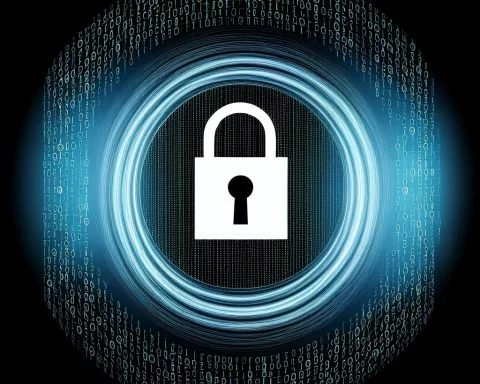Electoral commissions are vital in ensuring fair and open elections in democratic societies. The Electoral Commission of South Africa faced challenges during the 2024 election, including long lines, technical issues, and poorly prepared staff, leading to calls for improved election management and eroding voter confidence. The successful conduct of an election must instill confidence and trust among the electorate, and the IEC must address concerns to uphold the principles of fairness and freedom in the voting process. Citizens can voice their concerns through a feedback form to aim for a seamless and efficient voting experience for all.
What is the significance of electoral commissions in modern democracy?
Electoral commissions play a crucial role in ensuring just and open elections in contemporary democratic societies. The Electoral Commission of South Africa (IEC) faced significant challenges during the 2024 election, with long lines, technical problems, and poorly prepared staff leading to mounting calls for improved election management and eroding voter confidence. The successful and fair conduct of an election extends beyond just voting; it must instill a sense of confidence and trust among the electorate.
In contemporary democratic societies, the function of electoral commissions is incredibly significant. Tasked with overseeing just and open elections, the Electoral Commission of South Africa (IEC) has recently found itself in the midst of controversy. The election day of 2024, a vital turning point in the nation’s political evolution, was tarnished by a variety of issues from long lines and technical problems to poorly prepared staff.
The voting process, slated to end at 21h00, saw voters still stuck in lines that spiderwebbed around numerous blocks, causing undue stress for those enthusiastic about practicing their democratic right. The widespread chaos even led to an unexpected commendation for the Economic Freedom Front (EFF) leader, Julius Malema, who delivered a blistering critique of the IEC. Following a more than three-hour wait to cast his vote in the Seshego township, Malema noted that the apparent sluggishness of the voting process could possibly facilitate election rigging.
The South African Electoral Commission’s Challenges
Echoing the sentiments of numerous voters, Malema underscored the confusion caused by the three-ballot system and the alarming absence of privacy at polling stations. The populace took to various social platforms to express their grievances regarding the IEC’s conduct, contributing to the mounting calls for improved election management. I personally endured a three-hour and fifteen-minute wait to cast my vote, seeing the disorganization within the organization up close. In my local polling station, any individual who had re-registered a Section 24A was conspicuously missing from the voter’s roll, inciting further confusion.
In spite of all this, the IEC had been reassuring the public about their readiness for the election weeks in advance. They boasted about advanced voter management systems aimed at eradicating voter fraud. They guaranteed everyone that the voting process was designed to be ‘impossible’ to rig, and that the results would be unquestionably accurate. However, the actual experiences on election day seemed to tell a different story.
IEC’s Response to the Election Day Crisis
Masego Sheburi, IEC Deputy Chief Electoral Officer, acknowledged the plethora of problems that tainted the voting process. Late delivery of materials, technical glitches, and protests in certain regions – these hurdles surfaced as the day progressed. Despite these obstacles, Sheburi asserted that abundant supplies, including over 90 million ballot papers, were on hand and that the voting process would proceed without interruption even if scanners malfunctioned.
Sheburi also underscored that the IEC’s workforce, consisting of over 230,000 individuals, received sufficient training over a four-day period. This training covered logistics, handling, electoral and polling station administration, and the counting process. However, the experiences of voters like myself and political leaders like Malema suggest that this training was insufficient for the magnitude of the event.
The Impact of Disorganization on Voter Confidence
Importantly, the disarray visible during the election does more than merely frustrate voters – it shakes confidence in the process itself. If citizens are forced to wait for three hours or more to cast their vote, their faith in the democratic process can understandably diminish. The IEC must address these concerns, as the successful and fair conduct of an election extends beyond just voting; it must instill a sense of confidence and trust among the electorate.
It is in the spirit of democracy that anyone who had a dissatisfactory experience with the IEC should voice their concerns openly. A voter feedback form is available for this purpose, offering a platform for citizens to express their concerns, complaints, and suggestions. We must aim for an election process that not only upholds the principles of fairness and freedom but also ensures a seamless and efficient voting experience for everyone.
What challenges did the Electoral Commission of South Africa face during the 2024 election?
The Electoral Commission of South Africa faced challenges during the 2024 election, including long lines, technical issues, and poorly prepared staff, leading to calls for improved election management and eroding voter confidence.
What is the role of electoral commissions in modern democracy?
Electoral commissions play a crucial role in ensuring just and open elections in contemporary democratic societies. The successful and fair conduct of an election extends beyond just voting; it must instill a sense of confidence and trust among the electorate.
How did the disorganization during the election impact voter confidence?
The disarray visible during the election does more than merely frustrate voters – it shakes confidence in the process itself. If citizens are forced to wait for three hours or more to cast their vote, their faith in the democratic process can understandably diminish.
What is the IEC’s response to the election day crisis?
Masego Sheburi, IEC Deputy Chief Electoral Officer, acknowledged the plethora of problems that tainted the voting process. Late delivery of materials, technical glitches, and protests in certain regions – these hurdles surfaced as the day progressed. However, Sheburi asserted that the voting process would proceed without interruption even if scanners malfunctioned.
How can citizens voice their concerns about the election process?
A voter feedback form is available for this purpose, offering a platform for citizens to express their concerns, complaints, and suggestions.
What training did the IEC workforce receive for the election?
The IEC’s workforce, consisting of over 230,000 individuals, received sufficient training over a four-day period. This training covered logistics, handling, electoral and polling station administration, and the counting process.









